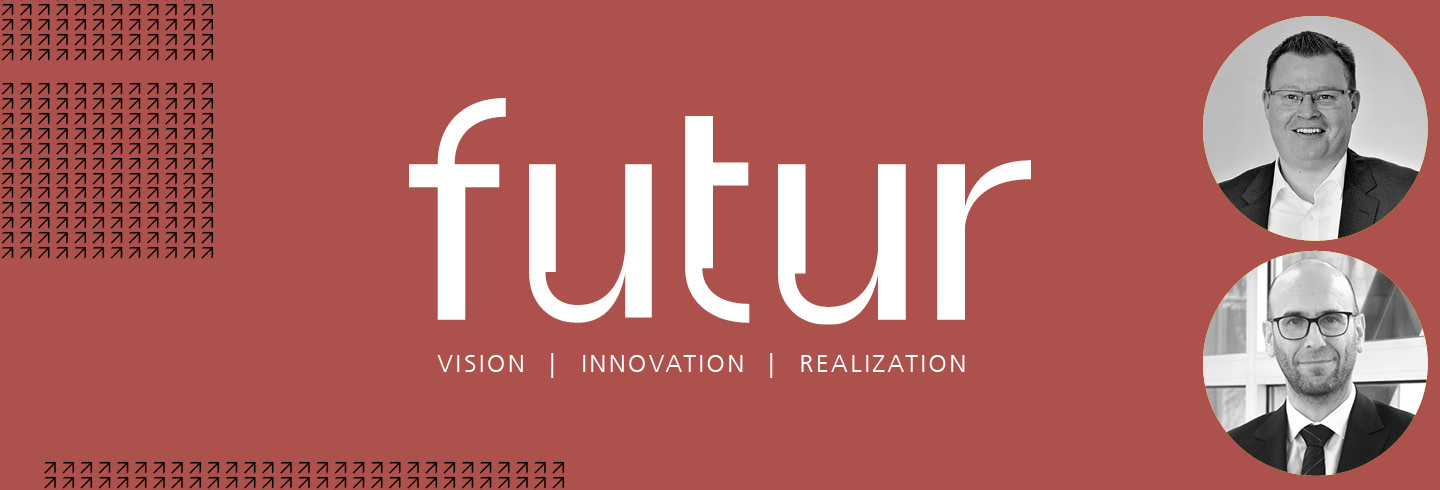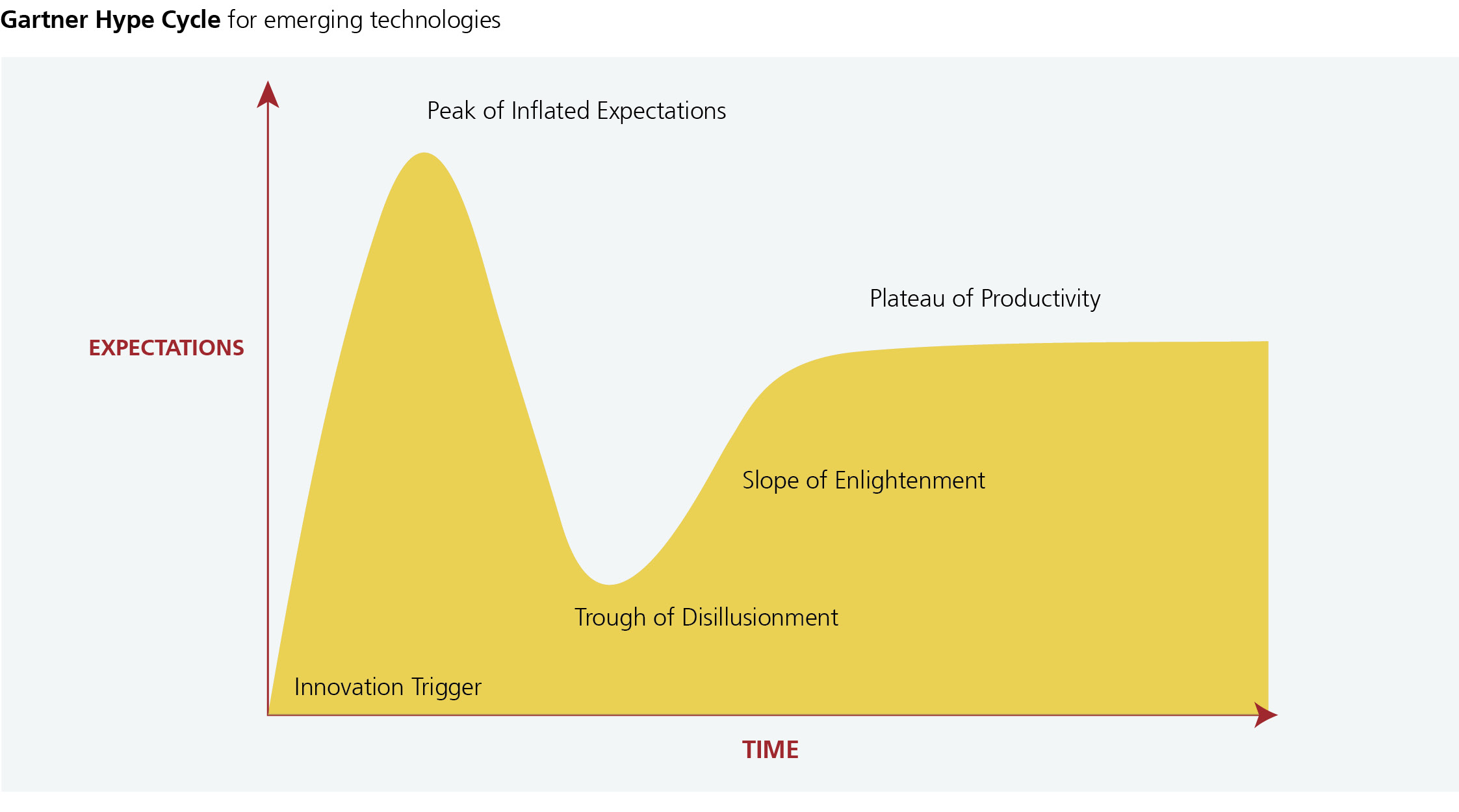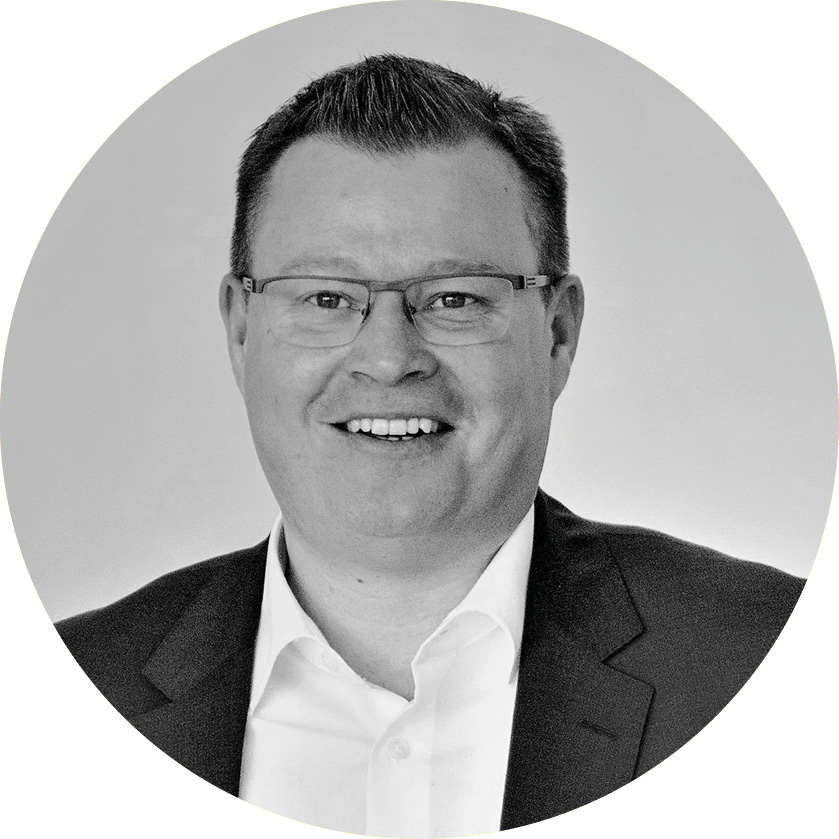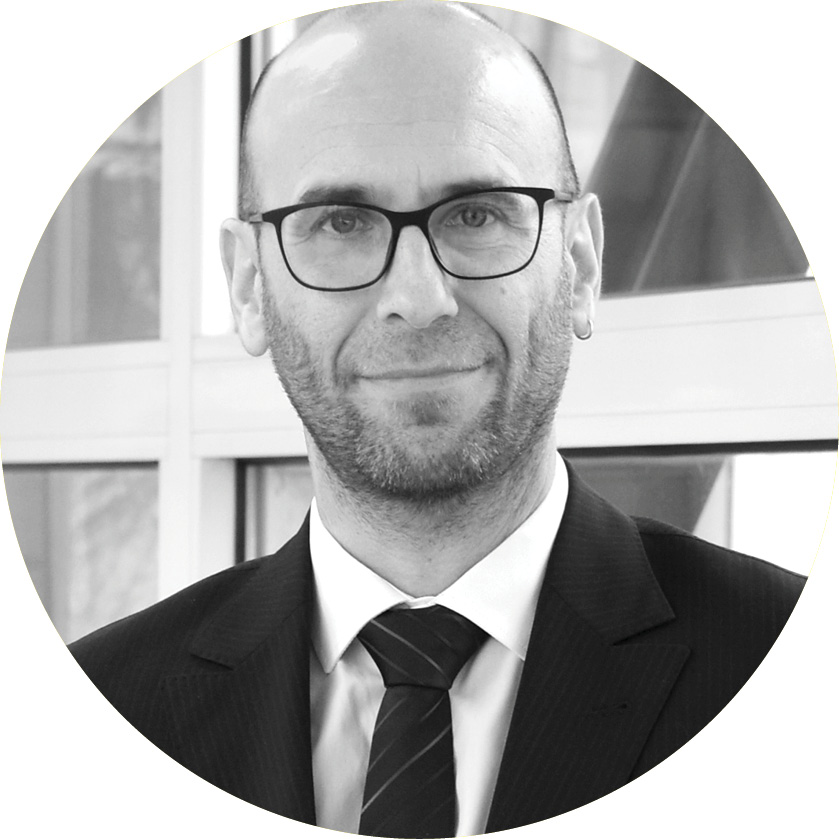futur: Apart from promising transparency, do you have any other winning arguments for your customers when it comes to networking?
Plüss:
Customers today are mostly unwilling to have their machines continuously online. Our solution is that customers should aggregate their machine data on the company intranet locally on an edge device. Only at the customer's request will this device network with our system via a remote service. Customers can decide for themselves, when they want to open the data tunnel and when they want to close it.
futur: Is it still the case that production takes precedence and maintenance is seen as a downstream service? How can maintenance improve its image to be seen as a vital part of value creation?
Geisert:
All of the decision makers must wrap their heads around the fact that production can only be efficient when all production systems are functioning perfectly. When talking about Industry 4.0, we are talking about an ecosystem in which all stakeholders must cooperate with one another to make production efficient. As Mr. Plüss just said, that is not a technical hurdle, it is more a matter of organization.
Plüss:
When it comes to digitalization, we like to cater to customer benefits, not to hype. That is why we have plotted the whole of the value creation chain in a »customer journey«, and why we support our customers across the whole of the product lifecycle. The maintenance phase is the longest phase in the life of a machine. Our machines spend several decades in operation, so this phase is actually the most elementary one in terms of the lifecycle. Software solutions, updates and upgrades can make a huge contribution to optimizing performance. Data collection is essential, because it allows us to make conclusions about whether certain processes are working the way they are supposed to. It allows us to avoid unnecessary service operations that could involve high costs for labor and spare parts.
Geisert:
This is where digitalization and acquisition of a great deal of sensor data helps to shed light on the darkness. How does my machine wear correlate with the machine's production load? When we have better findings – findings based on the evidence of the data collected – that will make it much easier to relay to those in charge why certain measures are necessary.
Plüss:
One big problem has been the highly proprietary mindset that is widespread in the industry. After all, the end customer does not depend solely on a single supplier. There is a huge range of components, like sensors and control options, and everybody is jealously guarding their own ecosystem. This makes analysis and data evaluation really tedious. That is why we are working with the VDM (editor's note: Verein Deutscher Werkzeugmaschinenfabriken – German Machine Tool Builders’ Association) on a universal machine tool specification.
Geisert:
It would also be great to have standardized evaluations and analyses, not just standardized interfaces. We have often found that the results of various machine tool providers are not comparable, because they do not reveal their algorithms.
futur: What kind of a role, if any, do sustainability issues play in maintenance?
Plüss:
We view the machine overhaul business as one of the services we offer in our one-stop solution package. For instance, if a customer wants to scrap a machine, we offer to take it back and overhaul it. There is a high demand for our »second life machines« on certain markets – for instance, as entry-level machines for customers who cannot afford a new one. When it comes to sustainability, this is a clean solution.
Geisert:
Maintenance per se is sustainable, as it seeks to keep resources useful for as long as possible. It is pretty obvious that a poorly maintained system is going to use more energy than expected. We also use and evaluate the drive currents for condition monitoring. This is where we see a direct connection with progressive wear and tear. And with the acquired data, we can also pinpoint optimization potential for present and future systems and give feedback to designers.
 Fraunhofer Institute for Production Systems and Design Technology
Fraunhofer Institute for Production Systems and Design Technology


